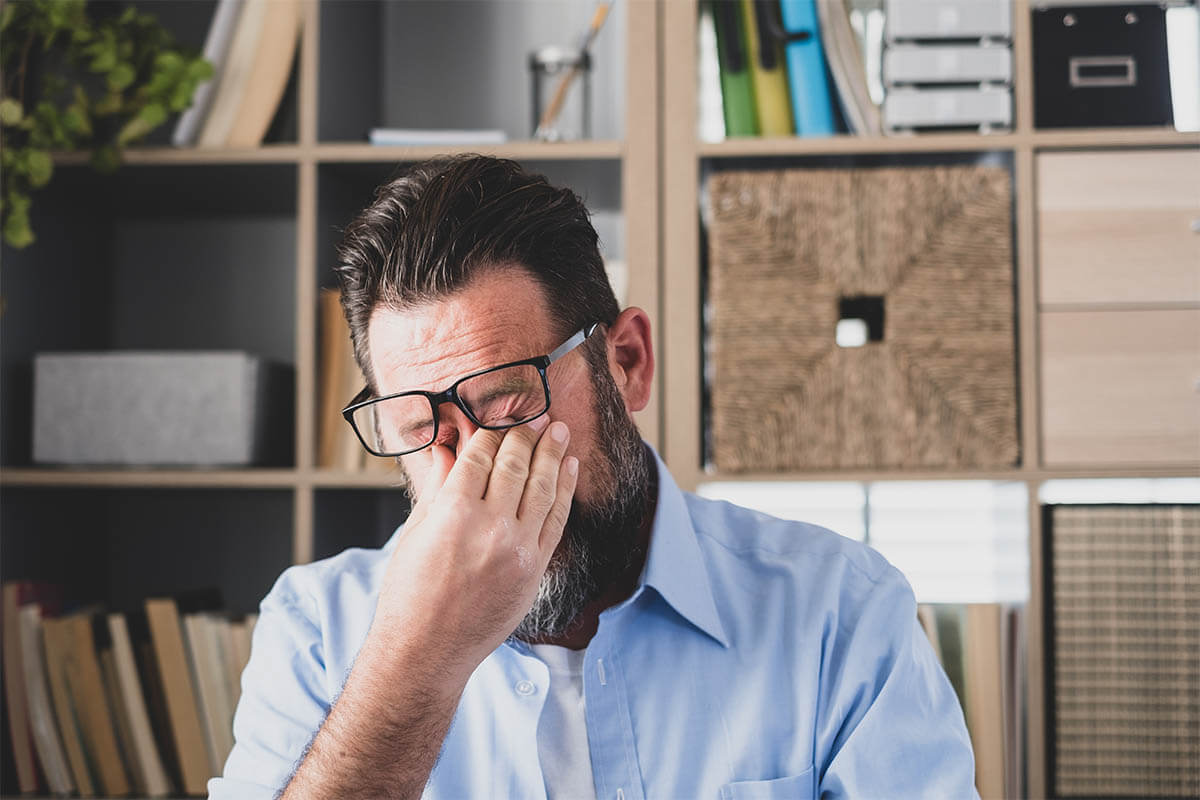“I’m so stressed…what do I do?”
We all face stress. It’s a part of our daily lives. Deadlines, meetings, reports, bills, traffic lights, breakdown, interviews, exams, waiting for results. Then there’s relationships…oh my. And it all seems to come at the same time!
The question is: how much is too much? Is it us? Our job? Or is it simply living modern life these days? The answer is usually: all of the above. But the solution comes down to one thing: our choices.
As a psychiatrist, I regularly encounter stress in my patients. It is hard to see them suffering, as I care about what they are going through and I certainly know what it feels like.
By the time they come to see me, their daily functioning is usually affected. They are feeling overwhelmed. There can be mood symptoms like depression, irritability, low energy, poor sleep and appetite patterns or anxiety symptoms like worrying, sleep difficulties, uncomfortable sensations in the pit of their stomach, heart palpitations, chest pains, sweating, tremors or the dreaded panic attack. Lastly, there is the impact of all or some of the above on work, relationships and ultimately self-esteem.
A lot of individuals turn to substances, which usually makes things even worse. This is when we instinctually know that it is simply too much to bear. By that stage you are decompensated. Unfortunately, once you become extremely anxious or depressed, it can be even harder to pull oneself out of such states.
What do I suggest? A few things:
- Taking a step back, acknowledging that this is problematic and being honest with yourself that it really is time to change things up.
- Reaching out to a licensed mental health professional, not just friends or family, to let them know the severity of your stress, and its impact on you and your life.
- Being open to your therapist/physician’s suggestions and observations, as sometimes we can have blind spots as to how we may be unwittingly adding to our own woes and when we experience them.
- Not writing off medication because of assumptions, other people’s views or experience or distorted thinking like: I can handle it, It’s addictive, That means I am going crazy, or I don’t need it.
- Deciding what is your realistic ceiling for how much stress you are able to handle and practicing consistency about following through with behavioral changes
- Allowing yourself to accept help! This is where the crux of the issue often lies, perhaps buried under unconsciously-driven motives such as heroism, rescue, cruelty or suffering inflicted upon oneself over the course of years, usually originating from some prior influential experience.
Stress is real. Stress is common and most importantly, stress is VERY treatable.
Here’s how mental health professionals deconstruct it:
We typically use what we call the biopsychosocial model. This framework recognizes that there is a biological piece (i.e. genetics, or some part that medication can usually help with), a psychological piece (the person’s personality and how they view and navigate in the world around them), and a sociological piece (where they live, their job, their support system, their day-to-day stressors such as money, deadlines, legal issues etc.)
That’s where a psychiatrist, working alongside one’s therapist, can really marry up interventions that tackle relevant pieces of the puzzle. It is also where the role of medication, therapy, and the patient’s own role are clearly explained, and why they must all come together for a meaningful and lasting recovery.
Our aim as mental health professionals is to help the individual shift from feeling overwhelmed to feeling empowered. This is essentially through education, perhaps medication, but most importantly, practicing different choices. Then we can regroup and see the outcome of these above interventions.
What I find helps in my work is to offer patients a realistic lifeline in the form of a phrase or mantra that can motivate them to do what I am asking them to do. Otherwise I find that a technique or behavior change is simply a hollow idea to them. They may agree to it, but it usually fizzles out because it feels like a boring to do list. Of course, I can’t just give a TED talk and hope that everything feels better. I have to do my part to reach out to the patient and convey that I care enough to spend the time explaining the why of what I am recommending.
Here are the top phrases that my patients have told me they find helpful when trying to effect changes in their life:
- Borrow strength from me
- You must become your own mother and father
- Little things make a big difference
- Understanding = head, but appreciation = heart
- The Beatles were wrong: love is not all you need
Gestures such as these can break the apparent stiffness and formality of the appointment format that can get in the way of establishing a connection with my patients. When I see a smile or laughter, I know that I have reached them in a way perhaps other mental professionals may not have in the past. That’s because I just happen to be relational in my stance as a physician, and, for me, it’s not just a job.
One doesn’t have to be stuck in stress. Freud once referred to anxiety once as a signal, rather than a symptom. Maybe then your stress can be your helpful cue to opening the door into a different world. We will be there to help you if you do.







